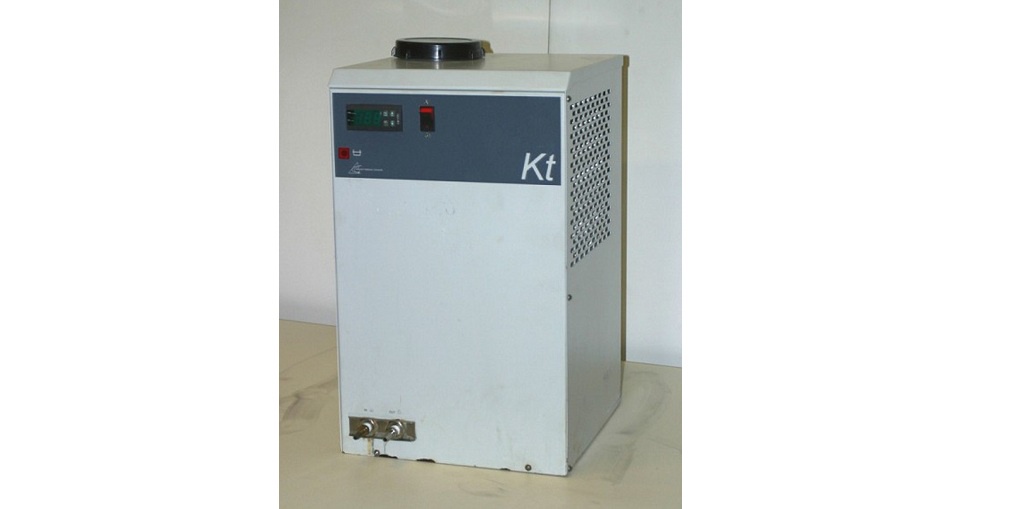Precision chemical engineering requires precision equipment. One such piece of equipment, which is used to maintain very precise temperatures for a prolonged period of time, is known as a circulating water bath.
Here’s what you need to know about them.
What Are Circulating Water Baths?
A circulating water bath (also known as a stirring bath) is a piece of laboratory equipment that is filled with water and held at a specific temperature, delivering precision temperature control. Circulating baths also contain special agitators or pumps that circulate the water - hence the name.
The circulation allows not only for rapid heating and cooling but also enables chemical samples and reagents to be held at a very precise temperature for a prolonged period of time. These water baths are equipped with temperature control sensors that allow operators both to set and monitor the temperature within.
There is another type of water bath, known as a non-circulating water bath, which relies mostly on convection for heat transfer. As a result, they are neither as precise nor as effective as circulating baths.
What Are Circulating Water Baths Used for?
Circulating water baths control temperature and temperature uniformity, and are used to rapidly heat or cool samples. They are also used to maintain steady temperatures for a prolonged period, which can be useful for facilitating or regulating chemical reactions that only occur within a narrow range of specific conditions.
Because the circulating water bath contains either an agitator or a pump to keep the water circulating, they are much more effective with respect to heat transfer and removal rates than regular (non-circulating) water baths. This gives circulating baths much larger heat load removal capacities by comparison to non-circulated baths.
There are a number of things you should take into account when you are looking into getting a circulating water bath.
One of the most important is what you will be using the water bath for. For instance, will you be using it to heat or cool samples? This will dictate what sort of heating or cooling rates and capabilities you will need. Power considerations will come into play here, too, as these will both affect power consumption and the effective temperature range.
You’ll also want to consider the size of the system. Capacity and volume considerations are critical to ensuring that a water bath can keep up with your demands on a consistent basis. The size of the system will also impact its footprint within your facility.
Other factors to consider include but are not limited to temperature control accuracy, temperature uniformity range, power requirements, and costs of maintenance.
Where Can You Get High-Quality Circulating Water Baths?
If you operate a lab and are responsible for overseeing chemical processes or procedures, there is a wide range of respected names that supply circulating water baths. Some of the best of these are Thermo Fisher Scientific, Neslab, Precision Scientific, New Brunswick Scientific, Huber, and Polyscience.
Those interested in learning more about these systems or finding a supplier should investigate Hi Tech Trader, online at HiTechTrader.com.
Since 1986, Hi Tech Trader has supplied the market with high-quality, precision scientific and lab equipment, including circulating water baths from the brands listed above. They also carry a wide range of other precision equipment, including but not limited to refrigerated baths, shaking baths, viscosity baths, immersion circulators, and other analytical and biotechnical equipment.
To learn more about the products and systems they sell, or if you have any questions regarding brands, models, or features, contact Hi Tech Trader directly. They can be reached by phone at 609-518-9100 or email at Sales@HiTechTrader.com.
For More Information about Rotary Evaporator Parts and Lab Vacuum Pump Please Visit: HiTechTrader


No comments yet